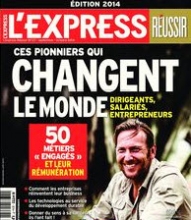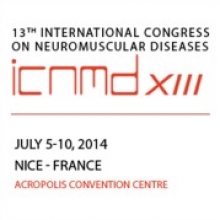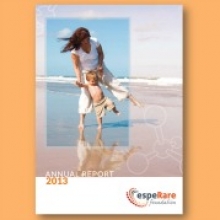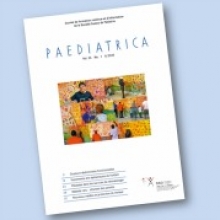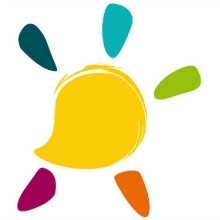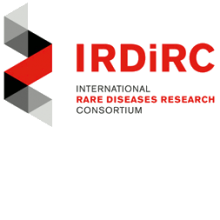EspeRare et Merck Serono sont l'un des trois lauréats du concours «co-création sociale & commerciale: l'impact de la collaboration"
The prize was awarded for its project “Advancing treatment for Duchenne” at the 5th Zermatt Summit “The Courage to Dare” on June 27th. The jury was constituted by Ashoka, the Zermatt Summit Foundation, Fondation Guilé, DPD and Boehringer Ingelheim, they reviewed 338 projects, selected 15 finalists and named 3 winning Social & Business Co-Creation projects.
Please follow this link to see all winners
About Merck Serono
Merck Serono is the biopharmaceutical division of Merck. With headquarters in Darmstadt, Germany, Merck Serono offers leading brands in 150 countries to help patients with cancer, multiple sclerosis, infertility, endocrine and metabolic disorders as well as cardiovascular diseases. In the United States and Canada, EMD Serono operates as a separately incorporated subsidiary of Merck Serono.
Merck Serono discovers, develops, manufactures and markets prescription medicines of both chemical and biological origin in specialist indications. We have an enduring commitment to deliver novel therapies in our core focus areas of neurology, oncology, immuno-oncology and immunology.
About the “Social & Business Co-Creation: collaboration for impact” competition:
The competition Social & Business Co-Creation: collaboration for impact, has been developed by Ashoka, the Zermatt Summit Foundation, Fondation Guilé, DPD and Boehringer Ingelheim to recognize innovative Co-Creation projects in Europe led by social-mission organisations, traditional businesses and public institutions.
The 3 winners receives coaching and a first prize of € 20,000, two runner-up prizes of € 10,000. Two early entry prizes of €1,000, a last mile and a special jury prize are also awarded.
About the Zermatt Summit:
Created in 2010 as a primary international platform, the Zermatt Summit promotes a constructive, action oriented dialogue between key stakeholders from different universes who share the same purpose. Its role is to inspire, connect and empower high profile entrepreneurs, economists, political and spiritual leaders and NGO representatives who strive to be catalysts of a more inclusive and human globalization. Through a uniquely designed program, the Zermatt Summit team takes participants on an intense three-day journey to share a vision for a better society, develop models for a more human and sustainable world and change their hearts and minds in the process.






